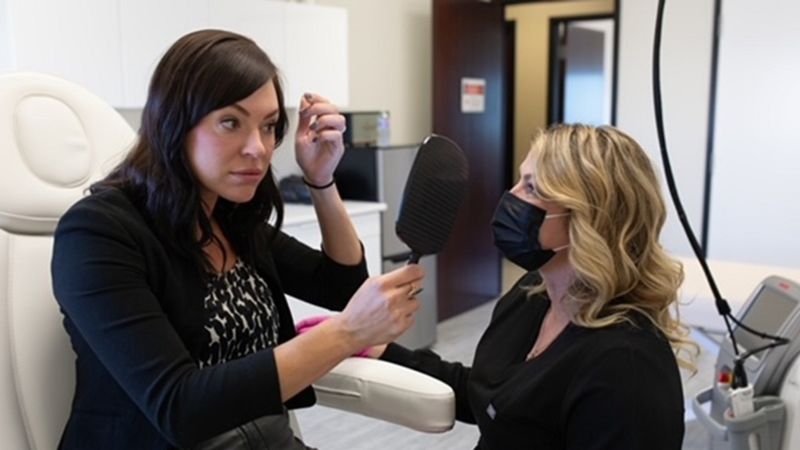
Mandatory masking, vaccine passports coming to Saskatchewan
Just over two months after dropping all COVID-19 public health measures — and with new and active cases increasing at a high rate — Saskatchewan is bringing one measure back and instituting another.
In a video posted on Facebook and his Twitter feed Thursday, Premier Scott Moe said the province will again be making masks mandatory in indoor public spaces as of Friday.
The province also will require proof of vaccination or proof of a negative COVID test to access some businesses, establishments and event venues in the province as of Oct. 1.
Moe said the latter policy will not include several services that are necessary for every citizen in the province.


